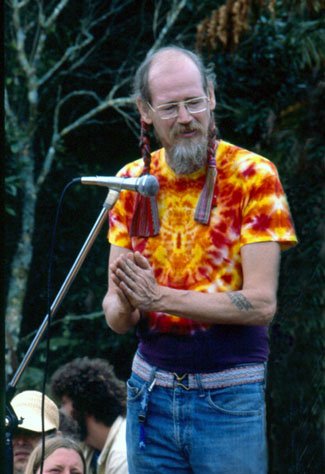It seems that you still fail to understand how determinism works, including your constant conjunction.
So, once again. Given determinism, decisions are made, but seeing that there can be only one option taken at any given instance (constant conjunction, action B must necessarily follow action A, the decision that is made and the action that follows is inevitable. This is not say that you can't make decisions, but that the decision that you make cannot be otherwise.
Why, you ask? Well, as explained time and again, because determinism as you define it to be has no alternate decisions or actions in any given instance as the system evolves without deviation from past to present and future states of the system.
Quote;
''determinism, in
philosophy and
science, the
thesis that all events in the universe, including human decisions and actions, are causally inevitable. Determinism entails that, in a situation in which a person makes a certain decision or performs a certain action, it is impossible that he or she could have made any other decision or performed any other action. In other words, it is never true that people could have decided or acted otherwise than they actually did.''
Typical DBT post, misunderstanding determinism followed by cherry-picking a quote from somewhere or other.
It is not I who misunderstands determinism. Do you not notice that the quote defining determinism was not written by me Yet the quoted definition is exactly what I work with.
Do you not realize that the given description relates to constant conjunction, which you endorsed?
You must know that can quote any number of compatibilist definitions of determinism that are essentially the same.
I think that you want it both ways, a special definition of your own, a form determinism that permits a belief in libertarian free will.
But then, of course, you claim your definition of determinism not only is the correct one, it ipso facto and self-evidently proves HARD determinism — a question-begging argument as I’ve noted. Just ask yourself, if everyone accepts your definition of HARD determinism, why do most academic philosophers say they are SOFT determinists?

Where do you get this stuff from? Certainly not from anything I have said.
Isn't it clear that I am not making up a definition of determinism of my own? It should be. I have quoted and cited these definitions enough times that it should be clear that I have always referred to them as they are defined, including your endorsed constant conjunction, which is essentially the same.
To be clear, the point I’m making is not that soft determinism is true because a majority of academic philosophers think it is — that would be an obvious fallacy. It is that somehow or other, trained philosophers don’t agree with you that the definition of determinism you say everyone uses proves hard determinism — quite the opposite.
Wow, that's way off the mark. The issue is, and always has been, not how determinism is defined but the validity of the compatibalist definition of free will in relation to determinism as it is defined.
And of course there are incompatibalists academic philosophers that out the failure of compatibilism.
Your problem is that you argue for compatibilism, yet insist on the reality of choice when determinism does not permit it, and compatibilists do not include it in their definition of free will.
You, sir, are a Libertarian.
''Some aspiring
compatibilists maintain that only humans are judged morally because only they could have acted differently. Those who try this argument must realize that they are not compatibilists at all; they are libertarians. The acceptance of determinism is a defining element of compatibilism. It forbids us to say that evil-doers could have done good if only they wanted to. Well yes, if they wanted to, but they were determined to not want to.''



